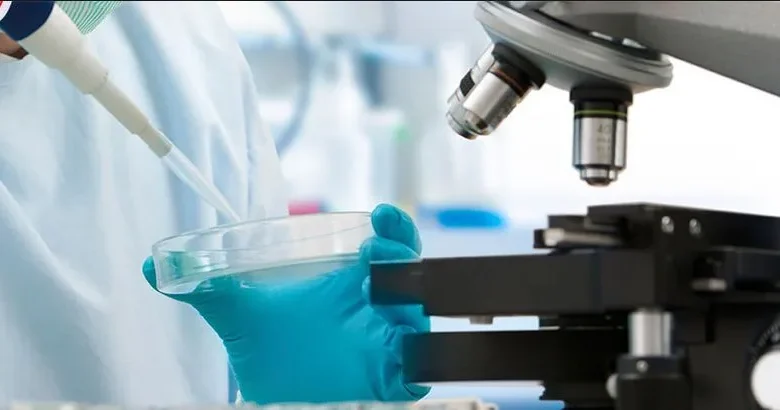Autoimmune diseases: Exciting progress with donor cell therapy

In an exciting medical breakthrough, a new donor cell therapy has successfully helped patients with serious autoimmune diseases achieve lasting remission, providing hope to millions around the world.
This development was shared on Monday by Nature, an international journal that publishes peer-reviewed research in science and technology. According to the report, three individuals with severe autoimmune conditions experienced complete remission after receiving treatment.
The report states, “One woman and two men with severe autoimmune conditions have gone into remission after being treated with bioengineered and CRISPR-modified immune cells.” These patients from China are the first to receive engineered immune cells derived from donor cells rather than their own.
One of the patients, a 57-year-old from Shanghai named Gong, had systemic sclerosis, a condition that causes skin stiffness and organ damage. Just three days after undergoing CAR T cell therapy, Gong saw remarkable improvements. He noted that his skin became looser and he regained movement in his fingers and mouth. Within two weeks, he returned to his office job and, over a year later, said, “I feel very good.”
About engineered immune cells
The engineered immune cells, known as chimeric antigen receptor (CAR) T cells, have shown success in treating blood cancers, with six products approved in the U.S. Now, these cells are being explored for autoimmune diseases like lupus and multiple sclerosis.
Autoimmune diseases occur when rogue immune cells produce antibodies that attack the body’s own tissues. Traditional CAR T cell therapy uses a patient’s own immune cells, which can be expensive and time-consuming. However, by using donated immune cells, scientists hope to make the process more efficient and affordable, enabling pharmaceutical companies to produce therapies for many patients from a single donor.
Lin Xin, an immunologist at Tsinghua University in Beijing, explained that one donor’s cells could potentially create therapies for over 100 patients. This approach could revolutionize treatment by allowing for large-scale manufacturing and significantly reducing costs.
Ongoing research and future potential
The trial, led by Rheumatologist Xu Huji at Naval Medical University in Shanghai, has reported unprecedented success with donor-derived CAR T cell therapy. Findings published in *Cell* last month showed that all recipients remained in remission for over six months after treatment. Building on this success, another two dozen individuals have received the donor-derived treatment, with mostly positive results.
While experts are encouraged by these findings, they stress the importance of further research to ensure the therapy is safe and effective for a larger population. Christina Bergmann, a Rheumatologist in Germany, cautioned, “The success and safety look promising, but we need to demonstrate this in many more people.”
If the donor-derived CAR T cell therapy continues to succeed, it could be a game-changer for treating autoimmune diseases, which affect over 80 million people worldwide. These conditions include lupus, multiple sclerosis, rheumatoid arthritis, and type 1 diabetes, among others.





